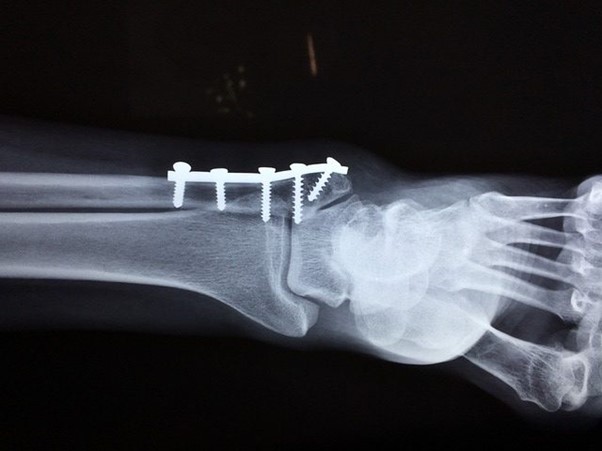1st February 2023 – by Aaruthy Suthahar

Researchers from TwinsUK have found that taking proton pump inhibitors is linked with decreased hip bone density and this effect is partly mediated through plasma metabolites.
This could put people at increased risk of fractures.
Proton pump inhibitors (PPI) are common drugs used to treat gastric disorders and are one of the most used drugs in the UK. They decrease the release of acids in the stomach by blocking an enzyme which controls the production of acids. Acids in the gut microbiome are important for the absorption of a variety of nutrients like vitamins, iron, and calcium. Several studies have suggested that the use of PPI causes a lower absorption of intestinal calcium that could then lead to a decrease in bone mineral density (BMD) and increased fracture risk.
The team wanted to investigate if PPI could modulate BMD by altering gut environment by using data from over 5,000 British male and female participants from the TwinsUK cohort.
They observed a decrease in total hip BMD in individuals who used PPI. This effect however was not mediated through the gut microbiome, suggesting that the gut microbiome does not play a role in PPI’s effect on BMD.
PPI users have lower plasma level of androgen sulfates, which belong to the sex hormone pathways. Besides, plasma androgen sulfate levels were associated with total hip BMD. Mediation analysis suggested that PPI could affect hip BMD indirectly through these plasma metabolites, providing a possible new mechanism.
First author Xinyuan Zhang said:
“In this study we showed that plasma metabolites could play a role in one of PPI’s major side effects, which is lowering BMD and increasing fracture risks. Our observation on the potential involvement of the androgen pathways in bone loss deserve additional investigations.”






